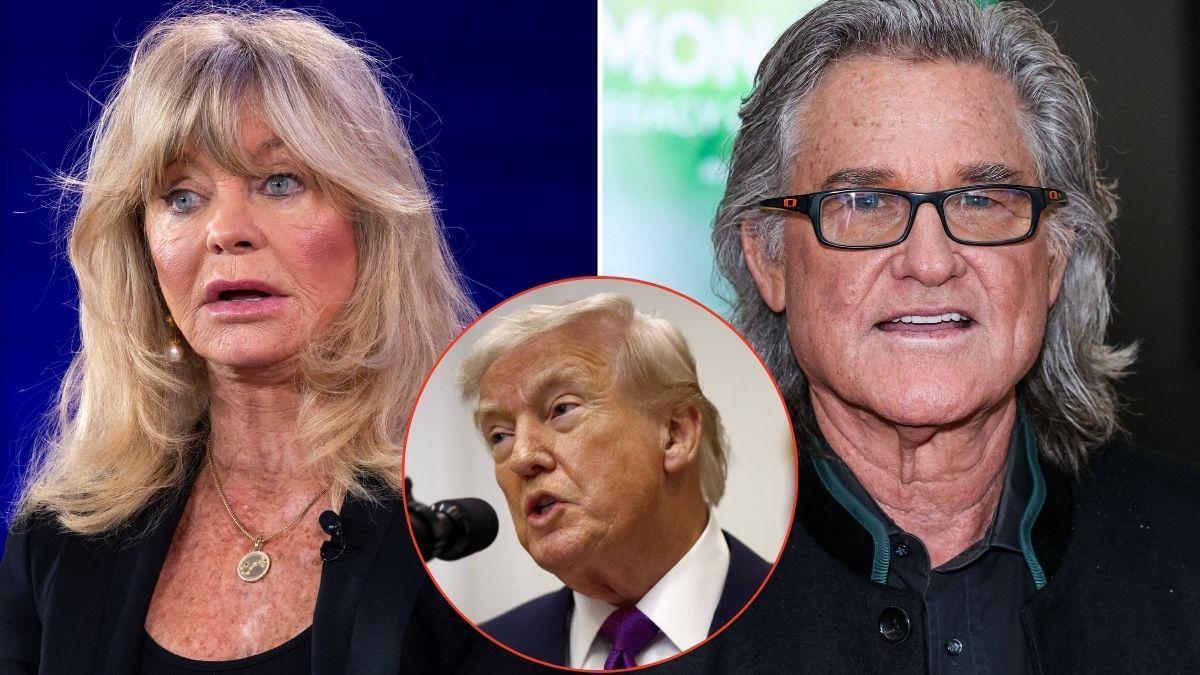How Trump's Wide-Scale Tariffs on America's Largest Trading Partners Have Sent Global Stock Market into Freefall
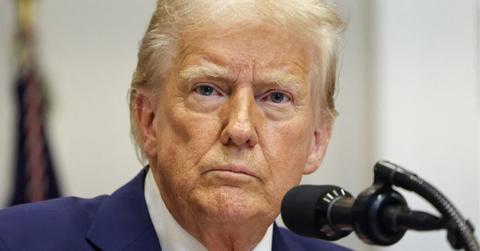
Some believe Kennedy, a pacifist, was assassinated by individuals within his own government who opposed his efforts to pull the U.S. out of the Vietnam War.
Feb. 3 2025, Published 5:30 p.m. ET
Donald Trump's presidency could be on its way to causing a trade war and massive stock market crash.
RadarOnline.com can reveal global stocks dropped sharply on Monday morning following Trump's announcement of broad tariffs on Mexico, Canada, and China.
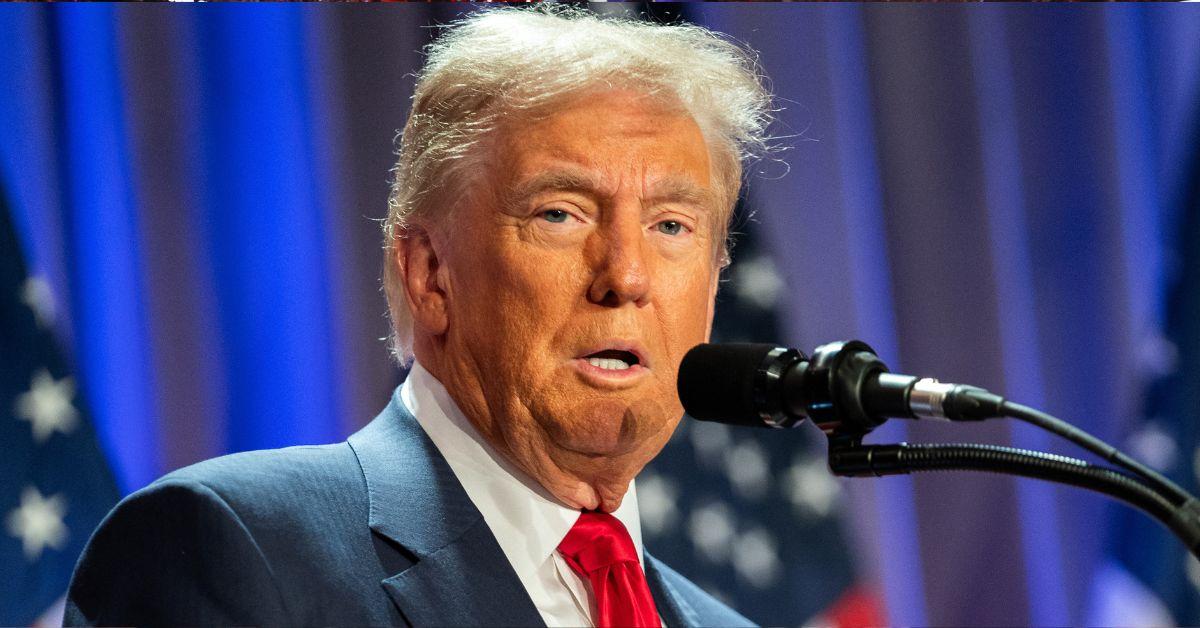
Trump has been open about his deportation goals.
Trump announced 25% tariffs on goods from Canada and Mexico, with a 10% levy on Canadian energy and a 10% tariff on Chinese imports.
While they were set to take effect on Tuesday, Trump agreed to delay the 25 percent tariff on goods for a month after Mexico promised to send 10,000 troops to the border.
Mexican President Claudia Sheinbaum said in a press briefing on Monday she had a "good conversation" with Trump, during which she committed to strengthening Mexico's northern border – including deploying thousands of troops to the region immediately.
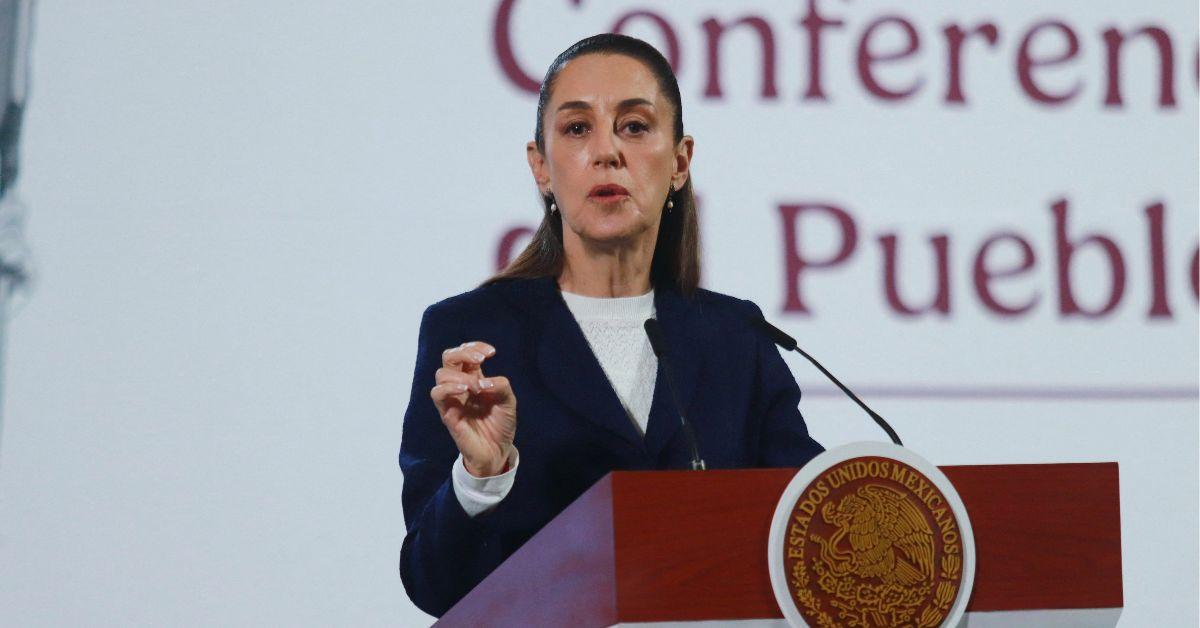
Mexican President Claudia Sheinbaum emphasized how U.S.–Mexico cooperation was key to competing with China.
Trump confirmed the deal, calling the conversation "very friendly" and stating Mexican troops would focus on halting the flow of fentanyl and illegal migrants into the U.S.
In exchange, the U.S. will help curb the flow of high-powered weapons into Mexico. Sheinbaum emphasized how U.S.-Mexico cooperation was key to competing with China.
Tariffs, which are expected to lead to falling stocks and higher consumer prices for Americans, were a hot topic for Trump throughout his entire 2024 campaign.
Now, U.S. stocks have regained some losses after news of the temporary deal with Mexico. The Dow Jones briefly turned positive after dropping 1.49% earlier, while the S&P 500 and Nasdaq also recovered after declines of 2% and 3%, respectively.
Wall Street is betting Trump sees tariffs as leverage for negotiating border security and drug policy, as analysts believe markets would be in a much worse state otherwise.
Canada is in last-minute discussions with the White House to prevent a 25% tariff from taking effect on Tuesday, while a 10% tariff on China is set to be imposed after midnight.
Trump confirmed he spoke with Canadian Prime Minister Justin Trudeau early Monday and is scheduled to have another conversation.
The White House noted talks with Ottawa were not progressing well, with Trump emphasizing the tariff threats were not just about trade but also national security.
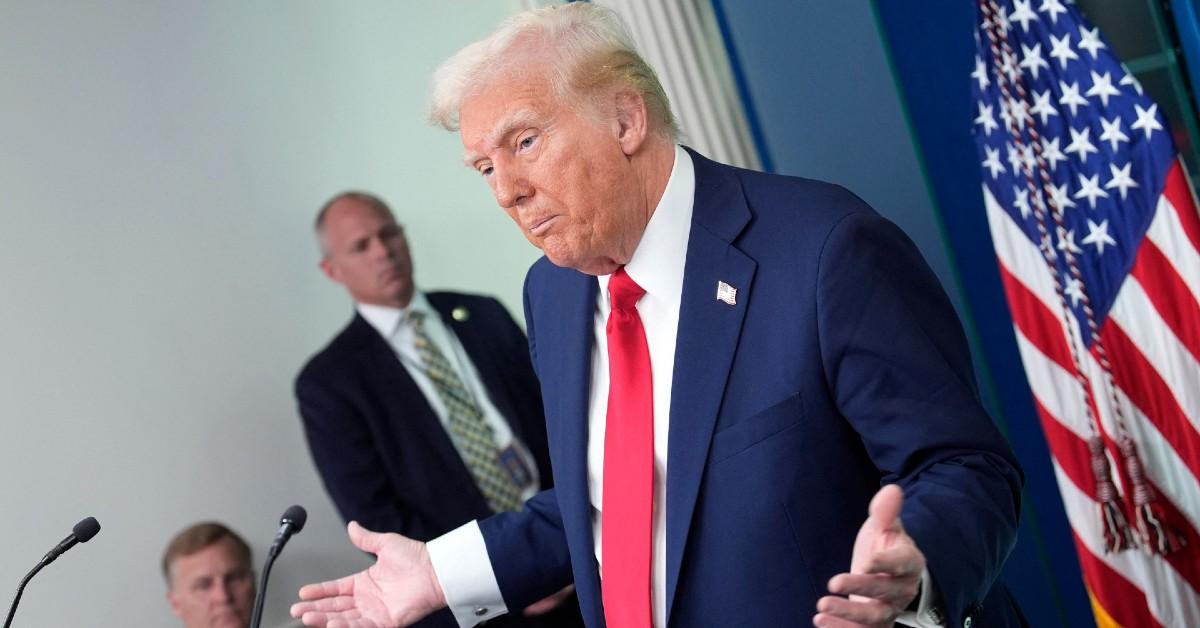
Smith has been critical of Trump in his first few days back in office.
Trump wrote on Truth Social: "Canada doesn’t even allow U.S. Banks to open or do business there. What’s that all about?"
"But it's also a DRUG WAR, and hundreds of thousands of people have died in the U.S. from drugs pouring through the Borders of Mexico and Canada."
Canada is pessimistic about securing a deal like Mexico's, with its stock index dropping and the Canadian dollar hitting a 22-year low.
Morgan Stanley even warned full tariffs could push both Mexico and Canada into recession.
Both countries have vowed retaliation, with Trudeau promising 25% tariffs on $106billion in U.S. goods. U.S. automakers, reliant on supply chains from Mexico and Canada, saw sharp losses, led by General Motors, Tesla, and Ford.
Trump also announced a 10% tariff on China, which has promised countermeasures and warned of higher tariffs if other countries retaliate.
The president has defended tariffs as a means to balance trade and curb illegal immigration and drug flow, insisting countries must stop people and fentanyl from entering the U.S. to have tariffs lifted.
He has also threatened similar measures against the EU and criticized trade with the UK, though he believes a deal can be reached.

European and Asian markets have been hit, with the Stoxx Europe 600 down 1.4% and stock markets in Taiwan, South Korea, and Japan falling.
Economists warn a trade war could fuel inflation and hinder growth, while hedge funds are betting on a market crash under Trump's presidency.
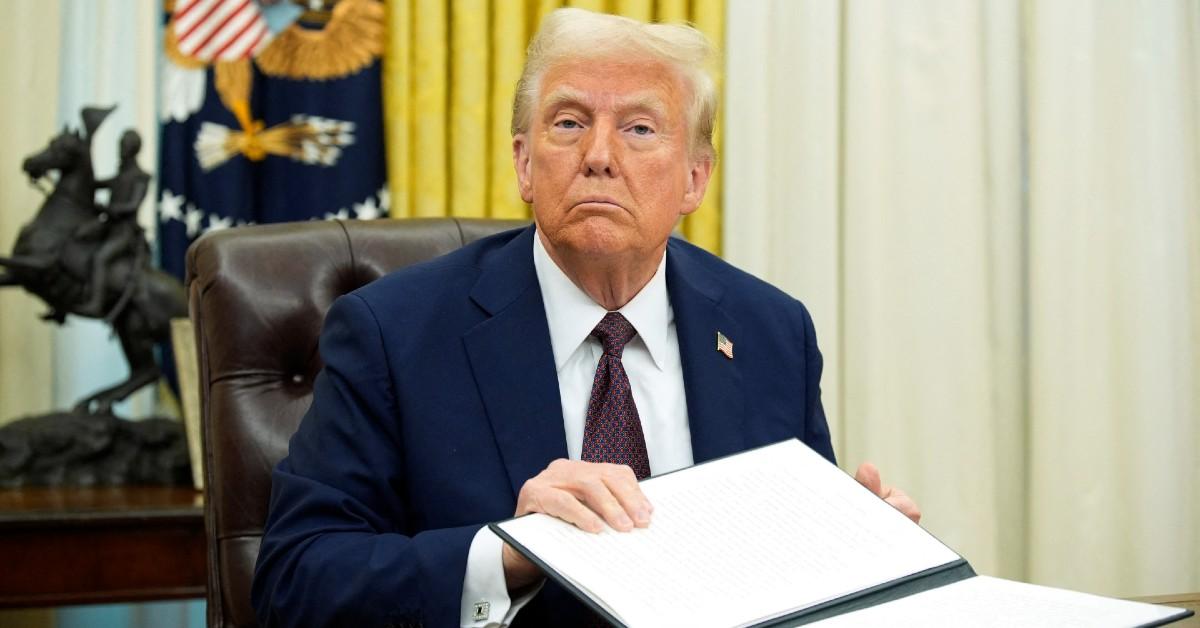
Federal authorities have been tracking Iranian threats against Trump and other U.S. administration officials for years.
Goldman Sachs data shows a surge in "short" positions on U.S. stocks, signaling growing concern.
Even some Republicans, including Mitch McConnell and Chuck Grassley, have criticized the tariffs, noting they will raise prices for American consumers – including food and farming costs.
